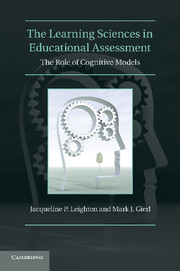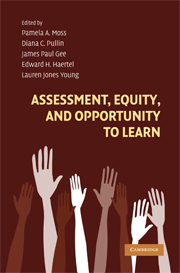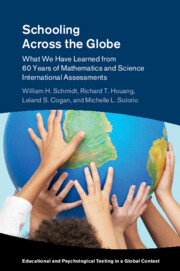The Learning Sciences in Educational Assessment
There is mounting hope in the United States that federal legislation in the form of No Child Left Behind will improve educational outcomes. As titanic as the challenge appears to be, however, the solution could be at our fingertips. This volume identifies visual types of cognitive models in reading, science, and mathematics for researchers, test developers, school administrators, policy makers, and teachers. In the process of identifying these cognitive models, the book also explores methodological or translation issues to consider as decisions are made about how to generate psychologically informative and psychometrically viable large-scale assessments based on the learning sciences. Initiatives to overhaul educational systems in disrepair may begin with national policies, but the success of these policies will hinge on how well stakeholders begin to rethink what is possible with a keystone of the educational system: large-scale assessment.
- Presents visual cognitive models used by students as they perform reading, science and math work
- Provides qualitative analyses of these cognitive models to help generate informative and viable large-scale assessments
- A technical chapter describes practical methodologies and software that can be used to implement these cognitive models in assessment applications
Reviews & endorsements
"This book inhabits an important space in the current market for educational and psychological assessment and is very sorely needed."
-André A. Rupp, University of Maryland
Product details
May 2014Paperback
9780521122887
278 pages
229 × 152 × 15 mm
0.38kg
18 b/w illus. 6 tables
Available
Table of Contents
- 1. The learning sciences in educational assessment: an introduction
- 2. Evaluating cognitive models in large-scale educational assessments
- 3. Cognitive models of task performance for reading comprehension
- 4. Cognitive models of task performance for scientific reasoning and discovery
- 5. Cognitive models of task performance for mathematical reasoning
- 6. Putting it all together: cognitive models to inform the design and development of large-scale educational assessment
- 7. Cognitively-based statistical methods - technical illustrations.




